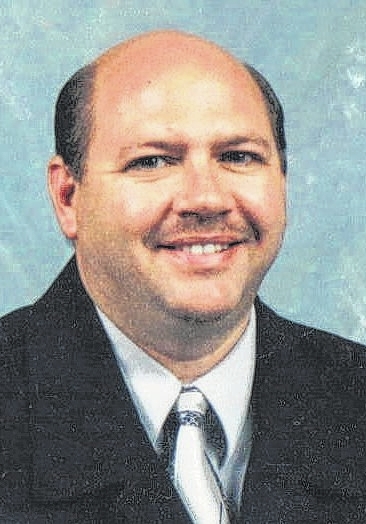
As the Apostle Paul was approaching death he writes to young Timothy, his protégé, saying, “The cloke that I left at Troas with Carpus, when thou comest, bring with thee, and the books, but especially the parchments” (2 Tim. 4:13). Paul knows that the end is near and his execution is inevitable. In spite of this, he desires to continue to learn about his Lord as he requests his books, parchments, and writings. Many have speculated exactly what the books and parchments contained. Some believe it was the Old Testament Scriptures, others believe that it was one of the gospels, and yet it could have been some of Paul’s own writings. No one knows for sure, but there is no doubt they had to do with learning more about his Savior, Jesus Christ. Paul knew that there were no more sermons to preach, lessons to teach, or epistles to write, yet he still continued his studies up to the point of death. Most have heard these pungent and true one-liners, “leaders are readers” and “leader are learners.”
How often has a spiritual leader’s devotional life been reduced to lesson and sermon preparation? You see the difference between sermon preparation and personal devotions is this, preparation is like preparing a meal for others and you get to taste a little here and there as you go. Devotions are comparable to one who sits down and consumes a nutritious meal. How can we give to others, if we have not first partaken of the meal ourselves? When a teacher or preacher only studies the Word to prepare a presentation, he is only stocking the shelf, while having personal devotions is equivalent to filling the stock room to full and overflowing.
A spiritual leader’s personal development will be in direct proportion to how much time is devoted to the study of the Word of God. Because most spiritual leaders have to spend an inordinate amount of time preparing lessons and sermons as well as their personal devotional time, they become susceptible to falling into a routine which could result in a loss of passion for the Word. Paul often made reference to the contrast between the meat of the Word and the milk of the Word which is important to the growth of one’s spiritual life. 1 Peter 2:2 tells us, “As newborn babes, desire the sincere milk of the word, that ye may grow thereby.” Unlike Paul, who made the contrast between milk and meat, Peter is putting the focus on one’s desire for the Word. All of us know that the natural action of an infant is to be constantly looking for its mother’s milk at all hours of the day and night. Until the baby’s desire is met, it will cause quite a disruption. We need this infant like desire in our life as it pertains to the word of God.
The word “desire” in this verse is linked (through the Septuagint, the Old Testament Hebrew translated into the New Testament Greek language) to a word found in Psalm 42:1, “As the hart panteth after the water brooks, so panteth my soul after thee, O God.” It’s to the place where there is such an immense and insatiable thirst that the animal has only one thought in its mind, water. We need this same desire, this craving, this panting and passion for the Word of God.
In the time of Jesus a child would begin his schooling at the synagogue around the age of six years old. The Talmud states, “Under the age of six we do not receive a child as a pupil, from six upwards we accept him and stuff him (with Torah) like an ox!” The Jews took the education of their children serious, and that education centered on the Law, the Word of God. Josephus, the Jewish historian who wrote shortly after the time of Jesus, made this statement, “Above all else we pride ourselves in the education of our children.”
There were various levels of education in the Jewish system. The first level of schooling was called “Bet Sefer” or “the house of the book” and was for the ages between 6 -10 years old. Often the Rabbi, which taught the children at this level, would provide an object lesson that the children would remember for the rest of their lives. On the child’s first day of school, the Rabbi gave each one of the new students a small slate in which they would eventually use to learn to read and write. He would pour honey on each child’s slate and would have the children run their fingers across the slate and then would have them lick the honey off of their fingers while the Rabbi would say, “May the words of God be like honey on your tongue.”
Honey was often rare and for many of the children this was their first time tasting it. Remember, they are six years old and they did not have a candy store to frequent in their culture. You can only imagine the sweet taste in the children’s mouth, unlike anything they have ever had before. Honey was a treasure, it was a special treat and there was nothing more pleasurable or exotic. Honey was often a sign of God’s favor and represented His Word. Honey is mentioned 56 times in the Bible. Ezekiel was told to eat a roll (scroll), which represented God’s Word, and as he did it was “sweetness to his mouth” (Ezekiel 3:1-4). David writes in Psalm 119:103, “How sweet are thy words unto my taste! yea, sweeter than honey to my mouth!” It was the Rabbis desire to create a hunger for God’s Word in each child as they would eventually learn about and memorize the first five books of the Bible. May the words of God be like honey on your tongue.


